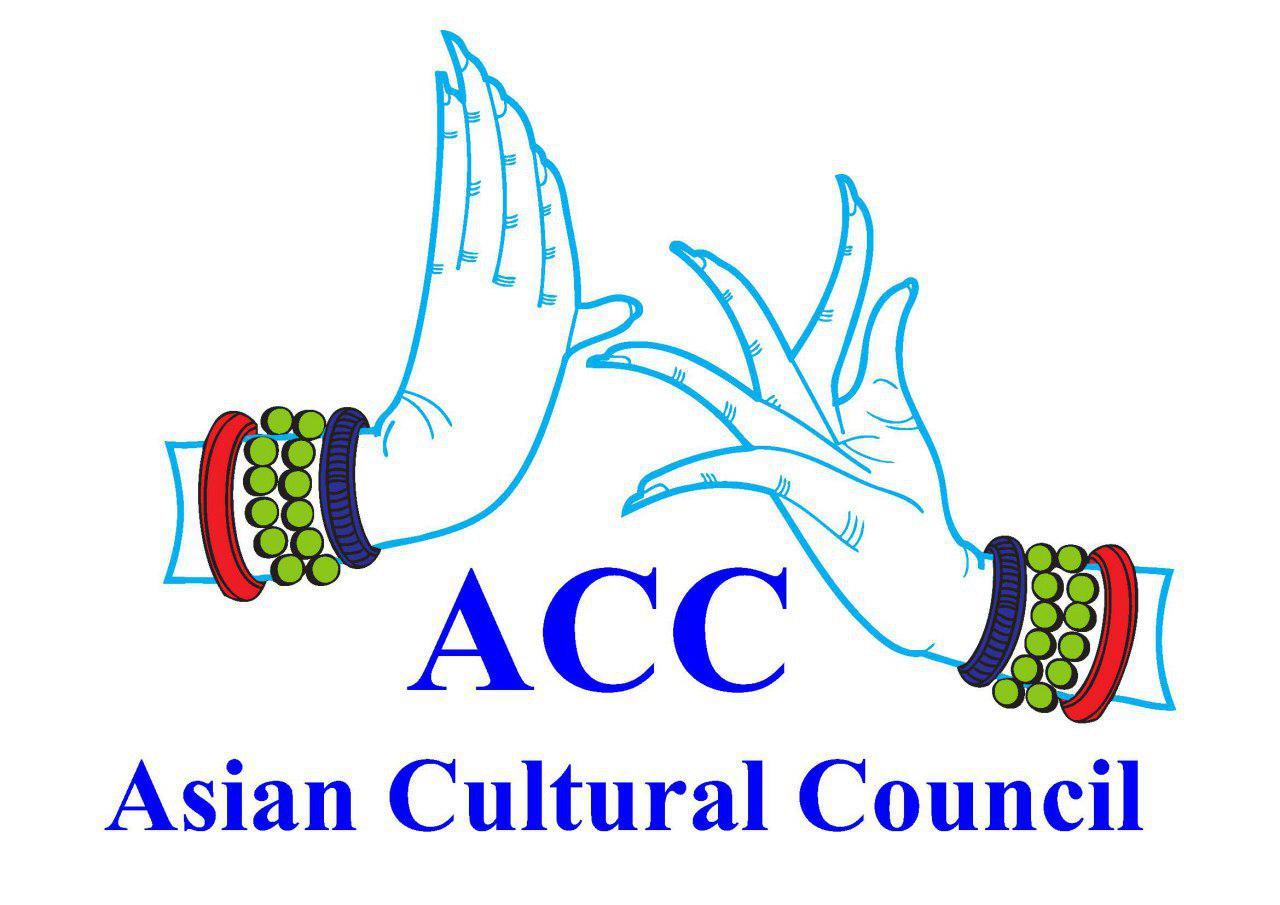Phnom Penh (FN), Jan. 10 – Asian Cultural Council (ACC), an affiliated body of International Conference of Asia Political Parties (ICAPP), will hold its first meeting at the Elephant Terrace of the Angkor complex in Siem Reap province.
Cambodian Prime Minister Hun Sen, Honorary Founding Chairperson of ACC, will preside over the official launching of the Asian Cultural Council on 15 January, attended by around 300 people comprising regional VVIPs, cultural ministers, and other dignitaries from ICAPP members. Many accomplished artists from more than 10 countries will perform on the stage to welcome the ACC bureau in Cambodia.
The ACC was an initiative of Cambodia, China, Nepal, and Russia and the commendable partnership agreement is historic for ICAPP and Asian political parties. Recognized by UNESCO as its cooperation partner through ICAPP, ACC comprises of 352 members, including parties in power and the opposition from 52 countries in Asia.
Excellency Suos Yara, Member of Cambodian National Assembly and ACC Director-General, stressed at the signing of the Cooperation Agreement between UNESCO and ICAPP that: “All the ACC members will use culture more extensively as a mean to live together and build together our future in peace and prosperity.”
Yara also noted “One of the main objectives of the Asian Cultural Council is the promotion of culture for the enhancement and enrichment of the quality of life, prosperity, and interchange among peoples for greater mutual understanding among countries.”
The ACC’s objectives are to promote mutual understanding and cultural exchanges among member countries, to promote unity within diversity, to promote cultural assets as sources of sustainable development and international cooperation, and to connect civilizations and build a harmonious Asia.
ACC expects to adopt a Siem Reap Declaration after the four roundtable discussions during the event.
Cambodia was admitted as a member of the United Nations Educational, Scientific, and Cultural Organization (UNESCO) in 1951. The Kingdom of Wonder has gained increasing international support in protecting, preserving, and managing its cultural heritage sites alongside sustainable development after the World Heritage Committee (WHC/UNESCO) listed the Angkor Archaeological Park, which flourished from approximately the 9th to 15th centuries, as a world heritage site in 1992.
=FRESH NEWS
